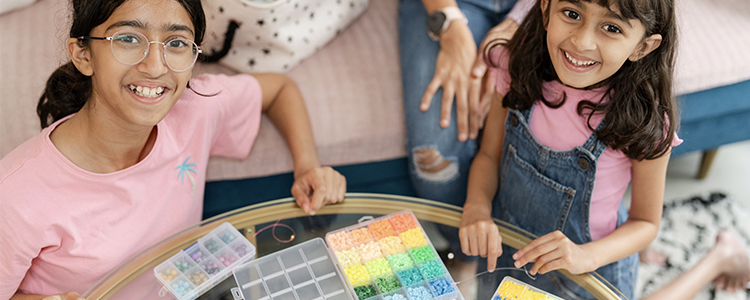



‘Risk’ has almost become a four-letter swear word in our society, especially when it comes to child’s play. But have you stopped to think about what a world without risk is doing to your child’s development?

You hear it everywhere… ‘You should set up an intentional play space for your child.’ But what exactly does that mean? An intentional play space is an environment filled with invitations to play.

We’ve all seen an older sibling hug the baby a little too hard. We’ve witnessed a weary parent’s unsuccessful attempts to referee yet another round of, “He stole my toy!”

Wow,” the young boy says as he swings back and forth on the simple swing he made from rope and a piece of two-by-four. “I can’t believe I built this. This is the best idea that has ever come into my brain!”
Calgary’s Child Magazine © 2024 Calgary’s Child